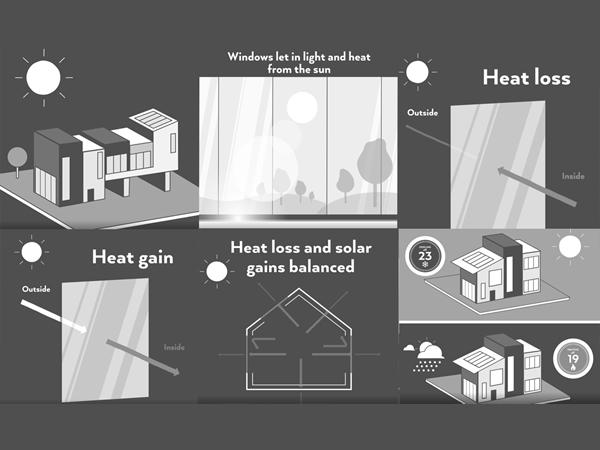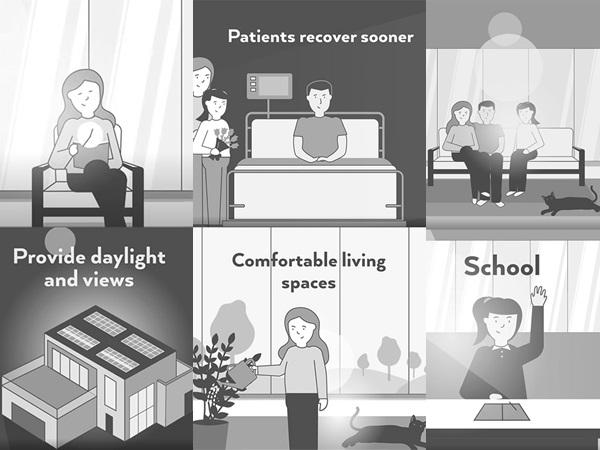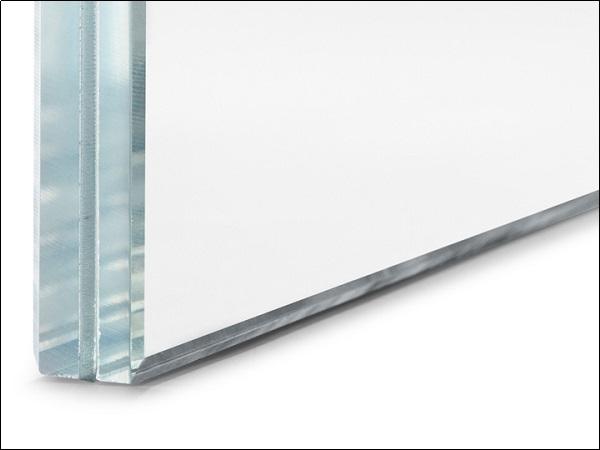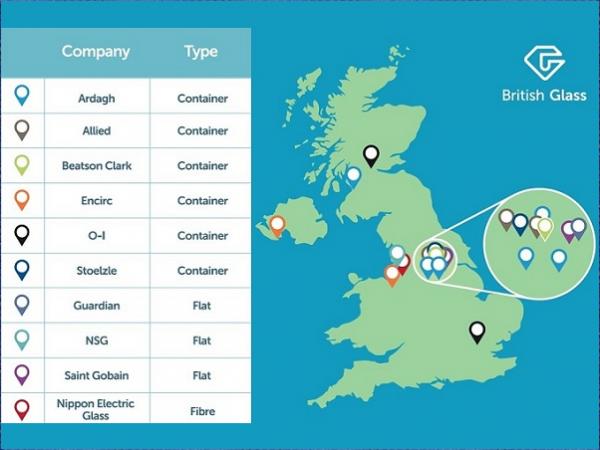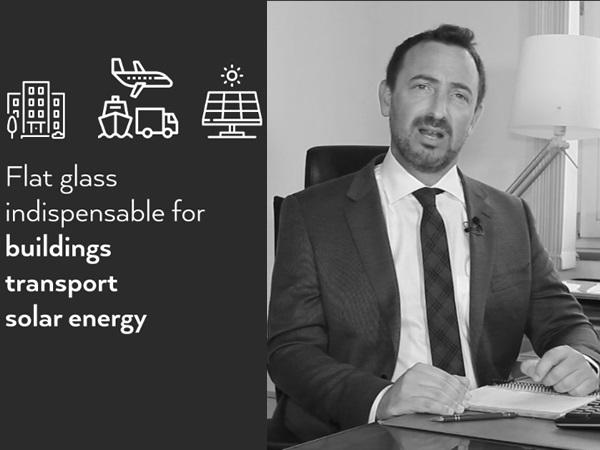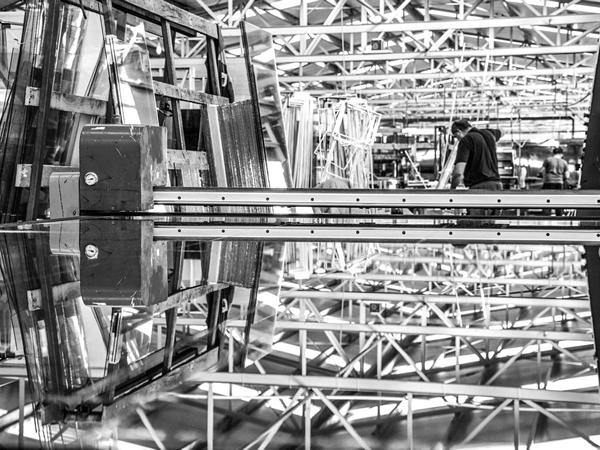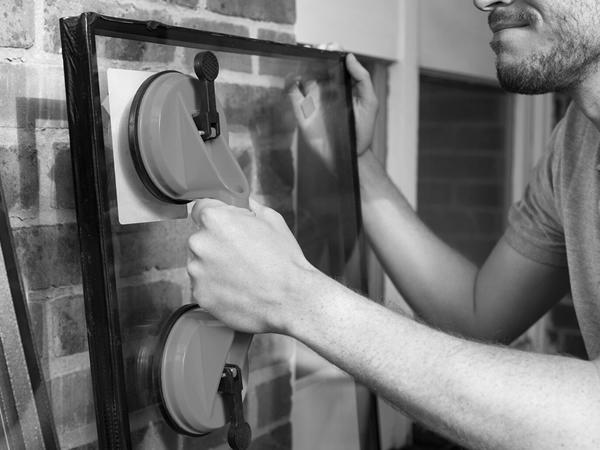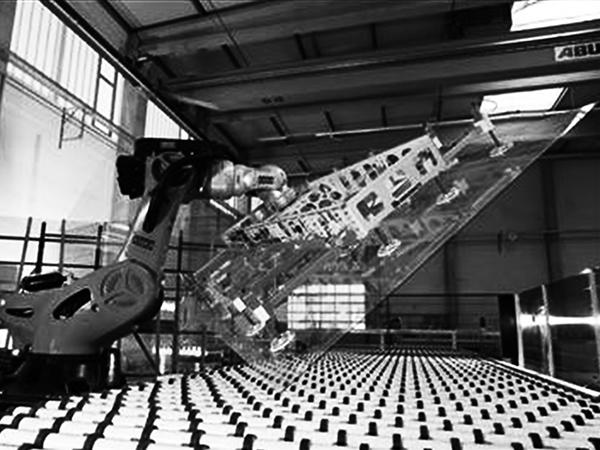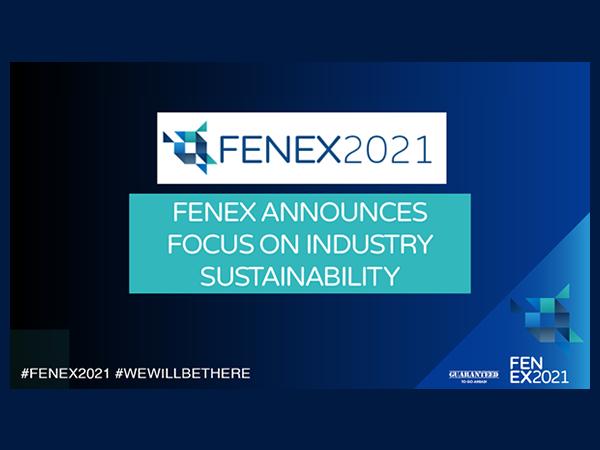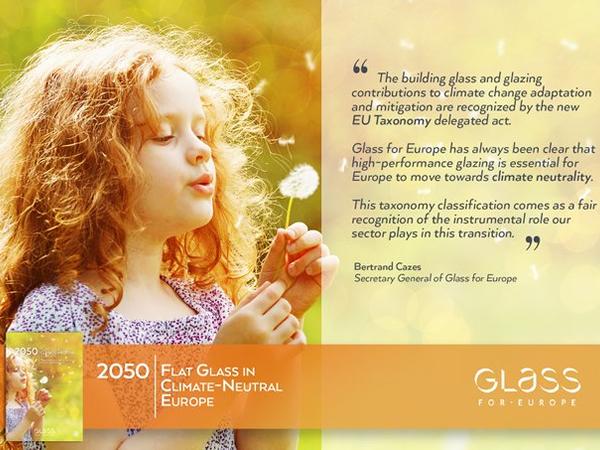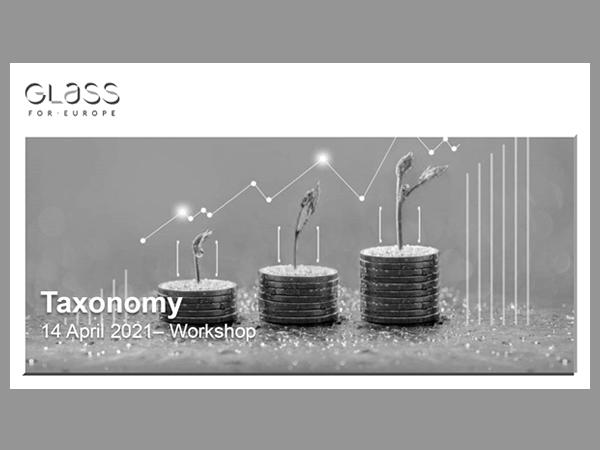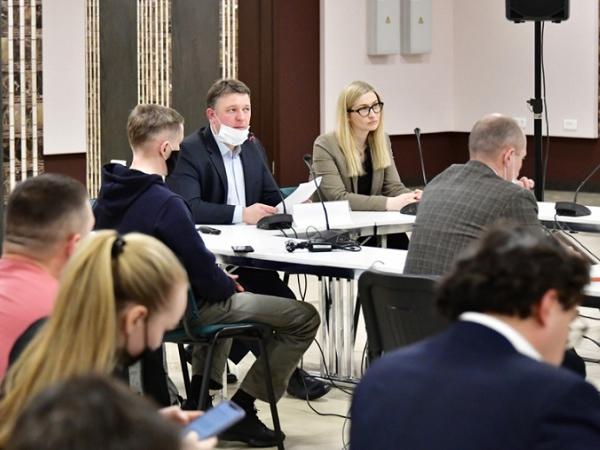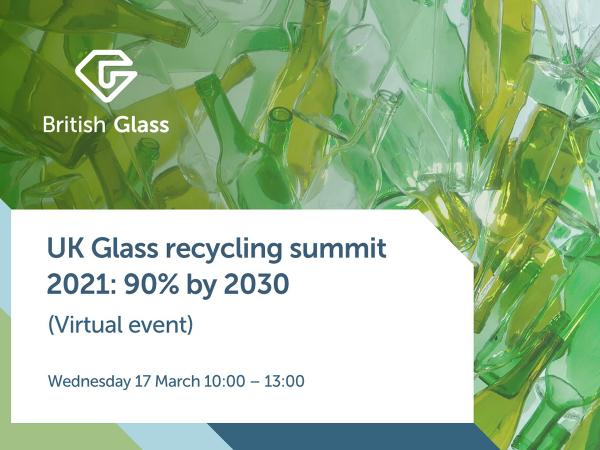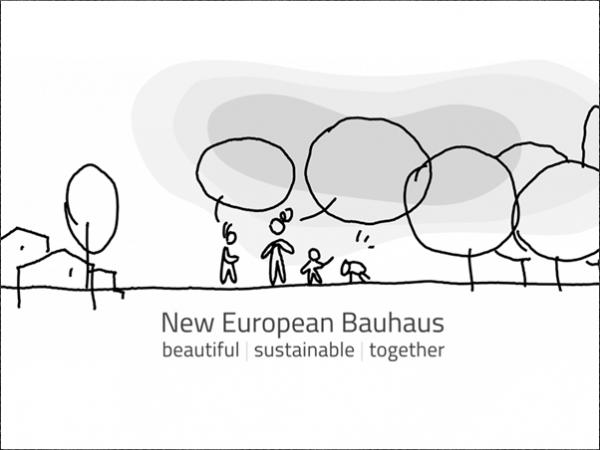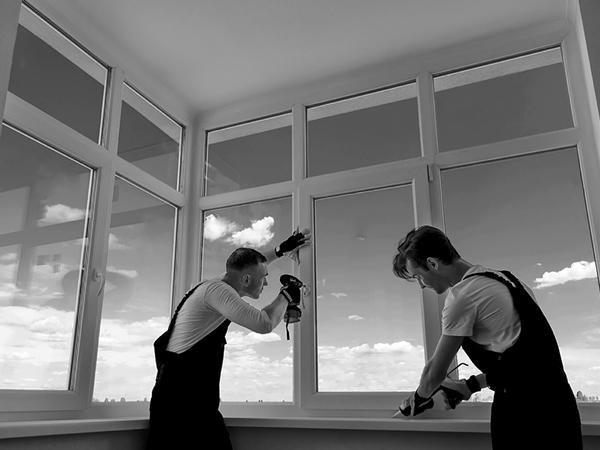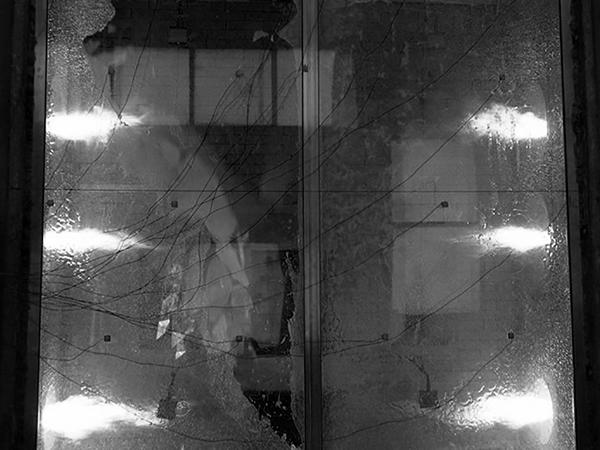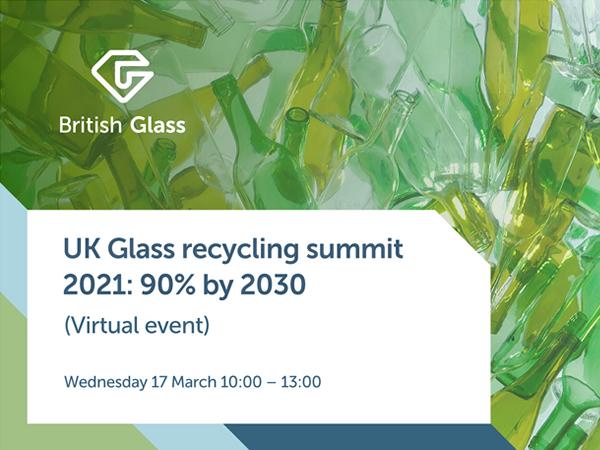Others also read
Glass for Europe supports the EU industry’s calls for immediate action to address the steep rise of energy prices.
Based on the findings of the Renovate2Recover study, Glass for Europe calls on Member States to take additional measures to support building renovation.
The main functions of windows and facades are to let daylight into buildings and to ensure a visual connection with the exterior.
The video released today by Glass for Europe shows how glass and its properties are discreet and indispensable components of our lives.
The benefits delivered by large glazed surface are more than we think. They provide access to natural daylight and a visual connection with the external environment.
Yesterday, Glass for Europe organized a special on-line workshop entirely dedicate to the “fit for 55” package, which was released on 14 July.
To support the increasing demand for laminated glass in Russia and the Commonwealth of Independent States, Guardian Glass is adding a new jumbo laminated glass production line at its Ryazan, Russia plant.
British Glass, the representative body for the UK glass sector, in consultation with its members has today (19 July) published a strategy that sets out the glass industries potential route to net zero carbon emissions.
Glass for Europe is ready to engage with European Parliament and EU Council to trigger a virtuous decarbonisation cycle.
On 8 June, Glass for Europe held the third of its 2021 workshops with national glass stakeholders.
Today, 21 June, Glass for Europe answered to the public consultation on revising the Energy Performance of Building Directive (EPBD).
The Challenging Glass 8 conference is planned for 23 & June 2022 at Ghent University!
Yesterday, the European Commission released the update of the EU Industrial Strategy, firstly published in March 2020, just before the explosion of the COVID19 pandemic.
As part of a wide a varied programme of topics and subjects that will be covered at the FENEX main event in September, one of the central pillars to the show will be a focus on fenestration sector sustainability and energy efficiency.
Glass for Europe has always been clear that high-performance glazing is essential for Europe to move towards climate neutrality. This EU Taxonomy classification comes as a fair recognition of the instrumental role our sector plays in this transition.
The significant attendance to the Glass For Europe workshop on taxonomy shows the issue is of high concern to the flat glass industry.
Polish Glass Manufacturers’ Federation, the national association of the Polish glass industry, is a new national partner of Glass for Europe.
The Panel on Recycling and Re-use of Glass Waste has taken place within the event programme of the Mir Stekla 2021 exhibition.
On March 22nd, Glass for Europe was virtually in Moscow for the 22nd edition of MIR STEKLA, the International Exhibition for Glass Products, Manufacturing, Processing and Finishing Technology.
British Glass, the representative body for the UK glass sector, held the first UK Glass Recycling Summit on 17 March with attendance from across the glass supply chain.
Glass for Europe contributed to the new European Bauhaus to highlight the importance of considering buildings in all their dimensions and to promote a people-centred approach to architecture.
The European automotive glass industry is concerned by the increasing number of national certification schemes for automotive glass put in place worldwide.
To materialize, the Renovation Wave needs to be backed by an ambitious revision of both the Energy Efficiency Directive and the Energy Performance of Building Directive.
On 19 February, Glass for Europe hosted its first online workshop on Reaction to fire for national partners.
The UK Glass Recycling Summit 2021: 90% by 2030 will take place virtually on 17 March 2021.



